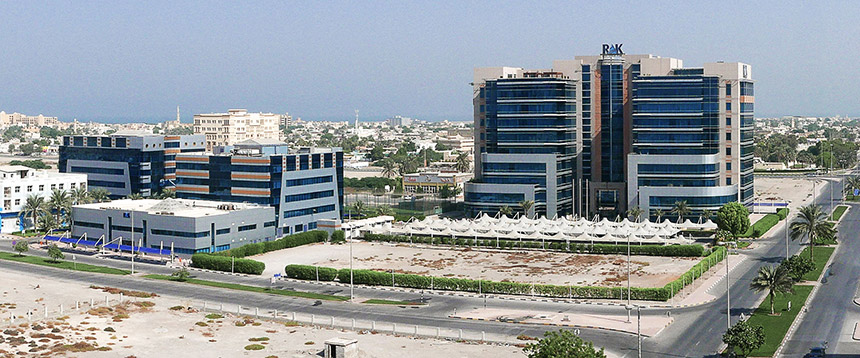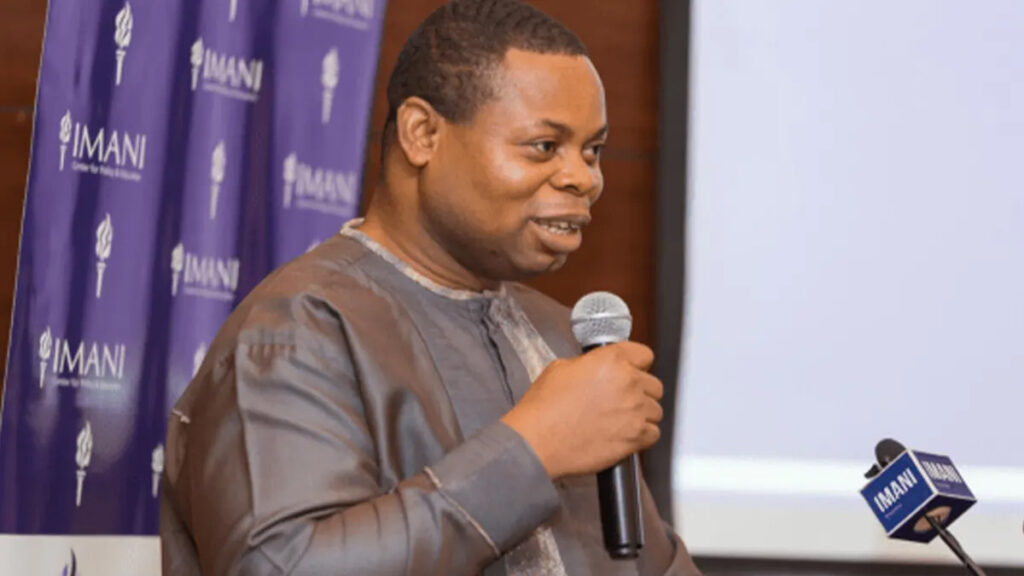An international investigation into Ghana’s petroleum sector has zeroed in on a former senior executive at Bulk Oil Storage and Transportation Limited (BOST), a strategic state-owned entity, raising serious questions about governance, unexplained wealth, and breaches of public accountability.
The probe, led by the Ghana-based policy think tank IMANI in collaboration with the Organised Crime and Corruption Reporting Project (OCCRP) and the International Centre for Asset Recovery (ICAR), has uncovered troubling details about the offshore activities of Mr. Albert ‘M’ (full name withheld pending further investigation), a former BOST official whose actions may have violated Ghanaian law and ethical standards.
A Trail of Offshore Wealth
Mr. Albert ‘M,’ until recently a key figure at BOST, held responsibilities that included overseeing petroleum product sales, depot allocation, and coordination with major industry players.
His role placed him at the heart of Ghana’s midstream and downstream petroleum sectors, which have faced mounting scrutiny for governance failures in recent years.
Documents obtained by OCCRP and ICAR reveal that Mr. Albert ‘M’ acquired a United Arab Emirates (UAE) residence card on May 8, 2023, issued by the Ras Al Khaimah Economic Zone (RAKEZ), valid until May 7, 2025.

The card lists his occupation as an investor with Cardin General Trading FZ-LLC, a UAE-based company.
More strikingly, on September 25, 2023, Mr. Albert ‘M’ purchased a luxury property in Dubai’s upscale Al Hebiah Fifth district for over $5 million from Island Oasis Properties.
The transaction, recorded as a sole ownership deal without a mortgage, has raised red flags, particularly because Mr. Albert ‘M’ failed to disclose this high-value asset to Ghana’s Auditor-General, as mandated by Article 286 of the 1992 Constitution and Act 550.

Such nondisclosure constitutes a breach of Ghana’s public officer code of conduct.
Further complicating matters, Mr. Albert ‘M’s association with Cardin General Trading FZ-LLC while serving in a senior role at BOST suggests potential conflicts of interest.
His monthly salary at BOST, approximately GHC 30,000 (roughly $2,000 at current exchange rates), casts significant doubt on his ability to finance a $5 million property purchase.
Under Ghana’s Anti-Money Laundering Act (Act 1044), such discrepancies could trigger investigations into unexplained wealth or illicit enrichment.
A Call for Cooperation
IMANI, OCCRP, and ICAR have been attempting to engage Mr. Albert ‘M’ for weeks. According to Mr. Franklin Cudjoe, IMANI’s founding president and CEO, the former executive initially agreed to respond to inquiries but has since become unreachable, with all known local and international phone numbers disconnected.
“We have been forced to disclose some of Mr. Albert ‘M’s many offshore activities,” Mr. Cudjoe said in a statement. “We are giving him a final opportunity to cooperate with the team. He is at liberty to have his lawyers reach out to our retained lawyers.”

Mr. Cudjoe emphasized that some former government appointees are cooperating with the investigation, and their responses are under evaluation.
He urged other public officials who may be contacted to provide truthful and timely responses to avoid further escalation.
A Broader Crusade Against Corruption
The investigation is part of a broader effort by IMANI to address systemic governance issues in Ghana’s petroleum sector, particularly in programs like the now-defunct Gold 4 Oil initiative.
IMANI has long criticized the program for its lack of transparency and accountability, critiques that were largely ignored by authorities.
This latest collaboration with OCCRP and ICAR, globally respected organizations known for exposing corruption, money laundering, and abuse of power, signals a renewed push to hold public officials accountable.
The probe is not limited to Ghana. Legal filings have been made in multiple jurisdictions, including the United States, United Kingdom, Canada, South Africa, and the UAE, where former appointees are suspected of purchasing properties and stashing funds in offshore accounts.

The investigation is expected to yield actionable findings that could reshape Ghana’s anti-corruption landscape, rewrite reputations, and bolster international efforts to recover illicitly acquired assets.
A Call for Reform
Mr. Cudjoe expressed hope that Ghana’s new government, which assumed power earlier this year, would learn from past mistakes and prioritize transparency in critical sectors like petroleum, gold, and cocoa.
“We hope the new government is minded to cooperate with all governance stakeholders to ensure that government-exposed commercial programs are complemented with strict accountability mechanisms,” he said.
The investigation underscores the challenges facing Ghana’s petroleum sector, where opaque dealings and weak oversight have long undermined public trust.
This report was summarised by AI and edited by human editors





